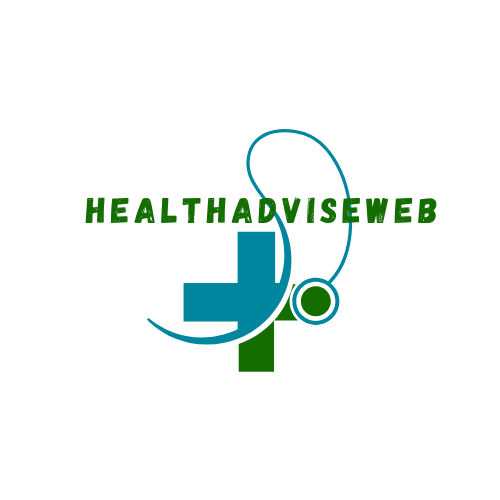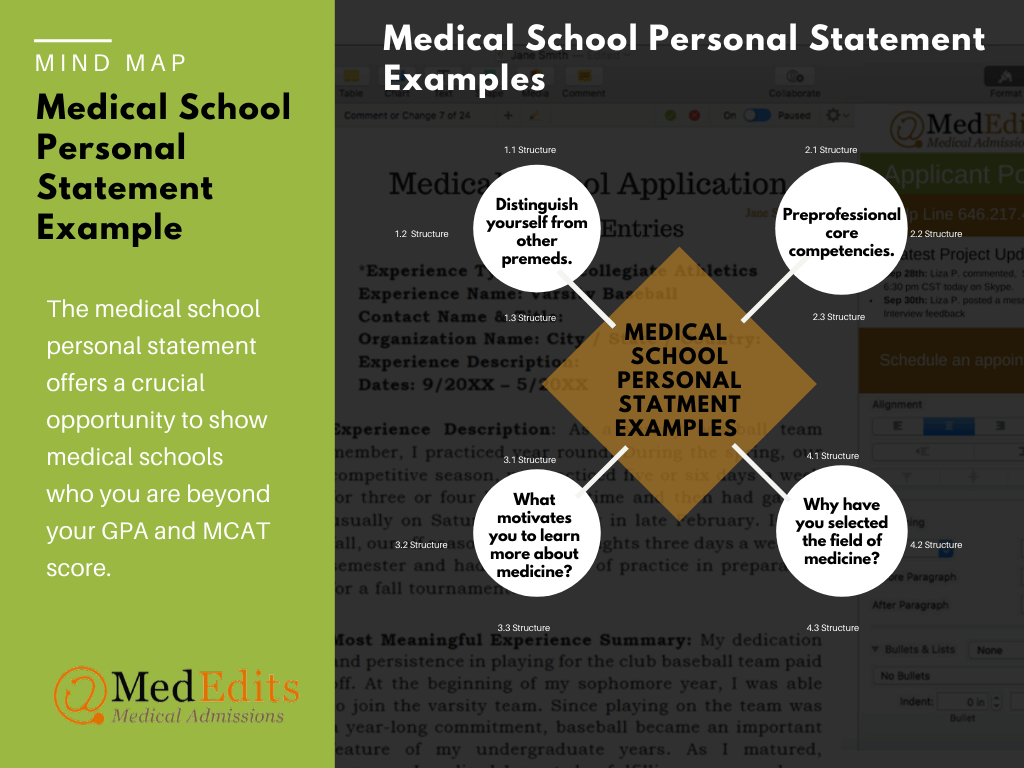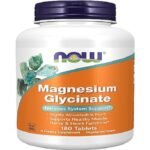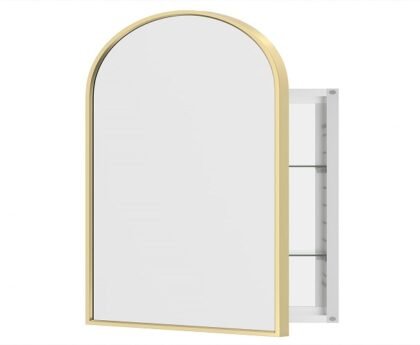The journey to turning into a scientific professional is both challenging and worthwhile, marked with the aid of numerous key degrees that assist medical schools assess the suitability of applicants. Two of the maximum critical levels in this manner are the medicine private statement and the medicine interview. While both serve the final purpose of figuring out the nice applicants, they’re fundamentally distinct in their reason, layout, and the skills they evaluate.
In this blog, we’ll dive into the deep differences between why medicine personal statement and interview, discover their differences, and offer treasured guidelines on a way to put together for every stage.
Understanding the Medicine Personal Statement
The non-public assertion is often the primary possibility for applicants to offer themselves to admissions committees. This written record is more than only a résumé; it’s a cautiously crafted narrative that highlights an applicant’s motivations, achievements, and suitability for a clinical career.
-
Purpose of the Personal Statement
The number one intention of a private assertion is to present insight into the applicant’s personality, ardour for remedy, and commitment to the career. It is a possibility to explain why you want to pursue medicinal drugs and what precise characteristics you deliver to the desk.
-
What Admission Committees Look For
Medical faculties look for candidates who display the subsequent:
- Passion for Medicine: A deep and actual interest within the medical discipline.
- Relevant Experiences: Evidence of work revel in, shadowing, or volunteering in healthcare settings.
- Personal Reflection: The potential to articulate training learned from stories and the way they shaped your aspirations.
- Academic and Extracurricular Achievements: A stability of instructional excellence and nicely-rounded interests.
Three Key Characteristics of a Strong Personal Statement
- Clarity and Conciseness: Admissions committees examine loads of packages, so a nicely-established and succinct announcement sticks out.
- Authenticity: The announcement should replicate your particular studies and angle, keeping off clichés or customary terms.
- Engagement: An engaging commencing and a compelling narrative hold the reader’s interest.
- Relevance: Focus on reports and abilities immediately associated with medicinal drugs, including empathy, resilience, and teamwork.
Understanding the Medicine Interview
The medicine interview is a dynamic, interactive level of the software method. It allows admissions committees to assess candidates beyond their written applications, supplying an opportunity to gauge interpersonal and hassle-solving capabilities.
Purpose of the Interview
The interview aims to evaluate traits that cannot be correctly conveyed in writing. It gives a risk to explore your personality, communique talents, and ability to suppose significantly in actual time.
What Interviewers Assess
Medical interviews are designed to test the following:
- Communication Skills: Clarity, self belief, and the potential to articulate mind effectively.
- Ethical Reasoning: An knowledge of scientific ethics and the capability to technique dilemmas thoughtfully.
- Empathy and Compassion: An authentic problem for others and the potential to connect emotionally.
- Resilience and Adaptability: How you cope with stress, complaint, and unexpected demanding situations.
Common Formats for Medicine Interviews
- Panel Interviews: A traditional format where a panel of interviewers asks questions about your stories, motivations, and opinions.
- Multiple Mini Interviews (MMIs): A series of stations in which applicants are supplied with situations or obligations, checking out diverse skills like moral reasoning, teamwork, and hassle-fixing.
- Traditional Interviews: A conversational technique that can feel less formal, that specialize in studying the applicant on a non-public degree.
Key Differences Between a Personal Statement and an Interview
Although the personal statement and the interview share the common goal of assessing an applicant’s suitability for a medical career, they differ significantly in their execution and the aspects of the candidate they evaluate. Now let’s learn about differences between why medicine personal statement and interview:
Format and Medium
- Personal Statement:
The personal statement is a written narrative, fixed in format once submitted. It allows for careful editing, multiple drafts, and precise word choices to present the applicant’s story in a polished manner. - Interview:
The interview, in contrast, is an interactive, real-time experience. Candidates must think on their feet, respond to questions spontaneously, and demonstrate their abilities through live interaction.
Skills Showcased
- Personal Statement:
- Writing skills and ability to communicate effectively through text.
- Reflection and self-awareness in discussing experiences.
- Logical structuring of ideas and arguments.
- Interview:
- Verbal communication and active listening skills.
- Ability to reason and articulate thoughts under pressure.
- Interpersonal and emotional intelligence.
Level of Interaction
- Personal Statement:
The personal statement is a one-sided narrative where the applicant controls the message and structure. There is no immediate feedback or interaction. - Interview:
The interview is a two-way interaction where candidates must engage with interviewers, adapt to follow-up questions, and establish rapport.
Opportunity for Clarification
- Personal Statement:
Once submitted, the personal statement is final and cannot be amended. Misinterpretations or gaps in information cannot be clarified. - Interview:
Interviews provide an opportunity to clarify points from the personal statement, address misunderstandings, and expand on key experiences or skills.
How to Prepare for Each Stage
Tips for Crafting a Strong Personal Statement
Start Early: Begin brainstorming ideas and drafting your declaration several months in advance.
Show, Don’t Tell: Use particular examples and anecdotes to demonstrate your qualities and studies.
Seek Feedback: Share your drafts with mentors, teachers, or peers to get positive criticism.
Proofread: Eliminate grammatical mistakes, typos, and awkward phrasing to make certain a refined very last model.
Tips for Excelling within the Interview
- Practice Common Questions: Prepare for regularly requested questions which includes “Why do you need to observe medication?” or “Tell me approximately a time you overcame a assignment.”
- Stay Informed: Keep up to date with current scientific news, moral debates, and healthcare policies.
- Engage in Mock Interviews: Simulate interview situations with buddies, own family, or mentors to build self assurance.
- Develop a Structure: Practice the use of frameworks just like the STAR method (Situation, Task, Action, Result) for answering behavioral questions.
- Be Yourself: Authenticity is fundamental. Interviewers want to peer the actual you, not a rehearsed model.
Conclusion
I hope now you understand about differences between why medicine personal statement and interview. The medicine private assertion and the medicine interview are complementary additives of the clinical college utility technique. Each serves a unique purpose in assessing distinctive factors of an applicant’s suitability for a career in medicinal drug.
To reach each, it’s critical to put together very well, exercise correctly, and live true at some stage in the manner. By approaching each degree with self belief and a clean information of its motive, you may gift yourself as a nicely-rounded, dedicated, and succesful candidate prepared to embark on a rewarding journey in medicine.
Frequently Asked Questions (FAQs)
- Is the personal statement more focused on past experiences than the interview?
Yes, the personal statement often delves deeper into past experiences, such as volunteering, academic achievements, and personal reflections. The interview, however, tends to focus on your reactions in real-time, your interpersonal skills, and your ability to handle situational or ethical questions.
- Do you have more control over your responses in a personal statement or in the interview?
You have more control over your responses in a personal statement because it is a written document you can revise before submission. In an interview, responses are immediate, and while you can think before answering, you don’t have as much time to perfect your responses.
- Which one is more about self-reflection: the personal statement or the interview?
The personal statement is more about self-reflection because it gives you the space to explore your motivations, background, and how your experiences have shaped your desire to pursue medicine.
- Do both the personal statement and the interview assess my motivation for studying medicine?
Yes, both assess your motivation, but in different ways. The personal statement allows you to explain your motivation in a structured and reflective manner, while the interview tests how you can articulate your motivation in a conversational, spontaneous setting.




